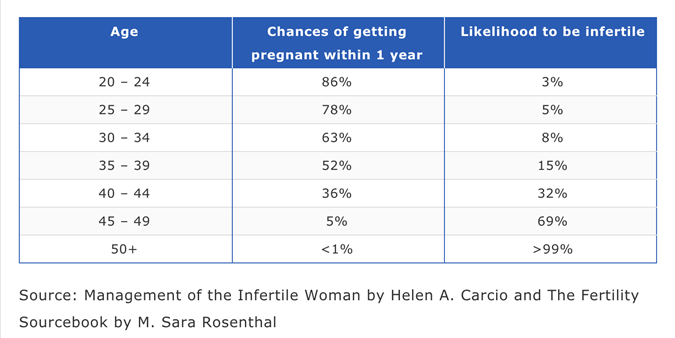In fact most people who get shingles are in their 50s. You can get chickenpox from someone who has shingles if you have never had chickenpox or never received the chickenpox vaccine.
 More Canadians Are Getting Shingles And Researchers Aren T Sure Why National Globalnews Ca
More Canadians Are Getting Shingles And Researchers Aren T Sure Why National Globalnews Ca
About 10 to 18 of people who get shingles will experience PHN.

Chances of getting shingles. Age and weak immune system increase your risk of getting shingles. Scientists are still studying why this happens. After a person recovers from chickenpox the.
Anyone who has had chickenpox can get shingles. The most common complication of shingles is postherpetic neuralgia PHN which is severe pain in the areas where the shingles rash occurred. It occurs when the dormant chickenpox virus reactivates in nerves.
Although anyone who has had chickenpox can get shingles your risk of developing shingles increases with age. Wisdom and experience may come with more years but unfortunately so does the risk of shingles. Re-exposure to chickenpox virus boosts immunity to shingles for a tenth of the time previously thought.
Unfortunately it is possible to get shingles twice or more. People older than 50 and people with a. Its rare to get shingles before 40 years of age.
But even after your symptoms stop the virus never leaves your body. More than one million cases of shingles are diagnosed every year. The risk of shingles increases as you get older with about half the cases occurring in men and women ages 50 and older.
The Centers for Disease Control and Prevention CDC recommends that healthy adults age 50 years and older get two doses of the recombinant zoster vaccine RZV to protect against shingles and the complications caused by. Shingles is a painful rash. So although vaccination increases shingles cases in.
In fact of the one in three people who experience shingles women are at a higher risk of developing it a second time than men are. You cannot get shingles from someone with shingles or chickenpox. Shingles is caused by varicella zoster virus VZV the same virus that causes chickenpox.
You can only get shingles if youve had chickenpox Shingles also called herpes zoster is a condition caused by the same virus as chickenpox. Your risk of getting shingles increases as you get older. In addition disease severity and likelihood of complications increase with age starting around 50.
33 lower shingles risk in the first 2 years Forbes and the team analyzed data from 9604 adults who had received a diagnosis of herpes zoster between 1997 and 2018 and had lived with a. The risk of PHN also increases with age. A study of about 240000 cancer patients in Australia from 2006 to 2015 found that any type of cancer was associated with a 40 percent increased risk of developing shingles compared with not.
Shingles develops in about 10 percent of people who have had chickenpox at an earlier time in their life. But you can get chickenpox from someone with shingles if you have not had chickenpox before. If you do get shingles the vaccine can reduce your chances of long-lasting pain.
A quarter of adults will get shingles in their lifetime all of whom will previously have had chickenpox and the risk increases with age. Youre most likely to get shingles if youre 50 or older. About 350000 Americans get chickenpox each year which causes an itchy rash that lasts about a week.
There are around 50000 cases among those aged 70. Most people get shingles in their 50s or later in life. When people get chickenpox the virus remains in the body.
Stress can weaken your immune. It can be reactivated later and cause shingles if. Who is at risk for getting shingles.

